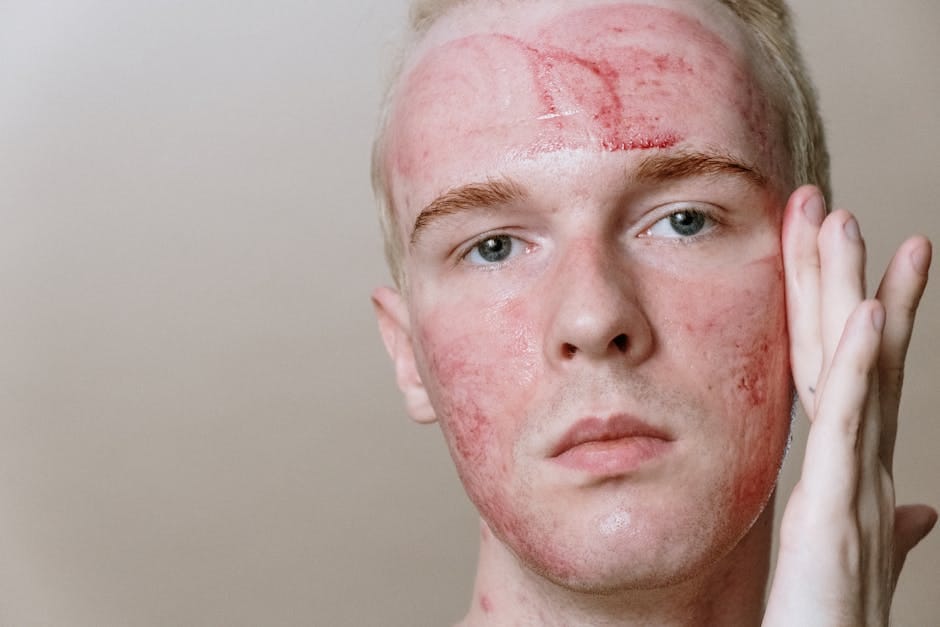Acne. The bane of many a teenager's existence, and sometimes, a pesky reminder of those teenage years well into adulthood. Those little red bumps can be frustrating, embarrassing, and downright painful. Luckily, there's a whole arsenal of treatments out there designed to combat these unwelcome visitors. But navigating the world of acne treatments can feel like trying to solve a Rubik's Cube blindfolded.
Let's start with the basics. Acne forms when hair follicles become clogged with oil and dead skin cells. Bacteria can then get trapped, leading to inflammation and the formation of pimples. Different types of acne include blackheads, whiteheads, papules, pustules, nodules, and cysts. Understanding your acne type can help you choose the right treatment.
Over-the-counter treatments are a good first line of defense for mild acne. Look for products containing benzoyl peroxide or salicylic acid. Benzoyl peroxide kills bacteria and helps unclog pores, while salicylic acid exfoliates the skin and prevents pores from clogging in the first place. Be patient, though, as it can take several weeks to see results.
If over-the-counter options aren't cutting it, a dermatologist can prescribe stronger medications. Topical retinoids, derived from vitamin A, increase skin cell turnover and prevent clogged pores. Antibiotics can help reduce inflammation and kill bacteria. Oral contraceptives can also be effective for some women, as they regulate hormones that can contribute to acne.
For more severe acne, other treatments are available. Chemical peels and microdermabrasion can remove the top layer of skin, unclogging pores and improving skin texture. Light and laser therapies can target acne-causing bacteria and reduce inflammation. In some cases, a dermatologist may recommend isotretinoin, a powerful oral medication that can significantly improve acne but also carries potential side effects.
Remember, consistency is key when it comes to acne treatment. Follow your dermatologist's instructions carefully and be patient. Don't pick or squeeze pimples, as this can worsen inflammation and lead to scarring. Wash your face twice a day with a gentle cleanser, and avoid harsh scrubbing.
Lifestyle factors can also play a role in acne. Eating a healthy diet, managing stress, and getting enough sleep can all contribute to clearer skin. While there’s no single magic bullet for acne, a combination of the right treatments and healthy habits can help you achieve a clearer complexion.
So, take a deep breath, remember you're not alone in this battle against blemishes, and don't be afraid to seek professional help. With the right approach, you can conquer those pesky pimples and achieve the clear, healthy skin you deserve.

